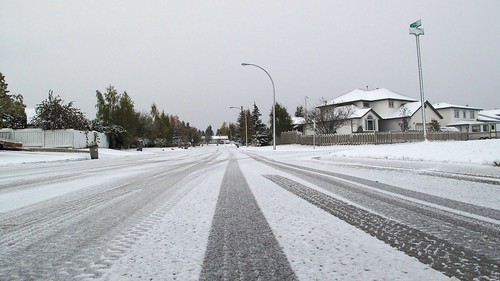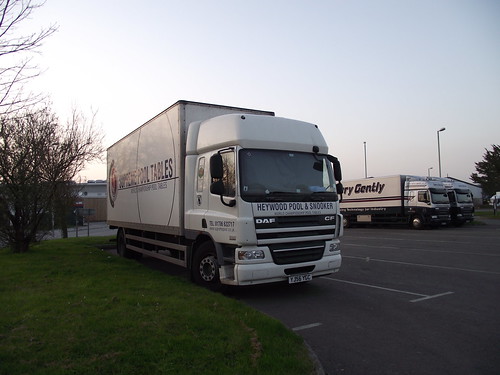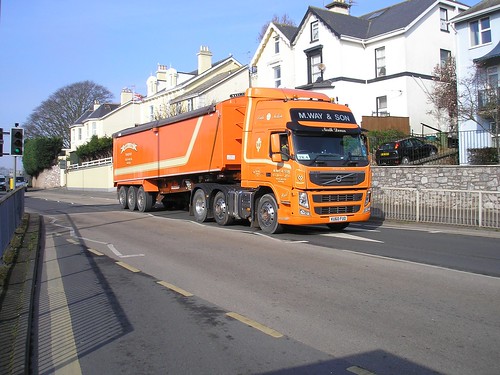In virtually every country, road freight is a major symbol of national independence as well as a source of potential profitability. Not every nation has the ability to export goods and services to neighbouring countries, but most nations do have the opportunity and obligation to carry freight internally throughout their own borders. This operation is widely beneficial for citizens and involved governments, but does pose a unique set of problems for road freight managers and drivers. Some of the most common problems that European road freight companies face are explained below.
Road Conditions

Drivers must contend with road construction efforts, traffic slowdowns, bad weather conditions and roadways in disrepair. These daily snags can not only hinder transportation efforts, but they also wreak havoc on tractors and trailers. The possible affects on sensitive cargo as well as the mental stress on drivers must also be taken into consideration. When drivers are forced to extend their day due to heavy traffic or construction delays, they often become tired and have difficulty concentrating.
Limited Storage Options

After a local or long distance haul, drivers may have a difficult time parking their vehicles or trailers until the next load is ready. Most road freight companies have a warehouse or parking facility, but these are not always in convenient locations for weary drivers. Sometimes the narrow roadways and busy streets make it difficult for road freight to be unloaded within close proximity to the final destination. Overnight parking and unattended trucks are not welcome in most communities. Furthermore, the economic downturn throughout Europe has resulted in many unused road freight carriers. Some of these have been abandoned by owners who were simply unable to remain in business.
Strict Regulations

Another problem with the financial crisis in many areas is that local and national government regulations for European road freight have become a greater burden. Everything from packing crates to customs documents are routinely inspected and road freight companies face big fines if any of these procedures are not being followed. Transporting goods across borders can be a complex maze of diplomatic relations, hazardous material protocol, and cargo insurance. Road freight companies must have effective leadership that enforces policies and provides ongoing training for drivers as well as administrative staff.
A Brighter Future

Despite the collective and ongoing problems throughout the road freight industry, there is at least somewhat of a silver lining. New clean diesel technologies are making freight carriers more environmentally friendly, which will also make them more welcome in urban areas. The slow but steady economic growth is a promising sign for road freight companies that have been struggling over the last several years. Railways and other transportation options are collaborating with local road freight businesses to create a more efficient method of international freight distribution.

